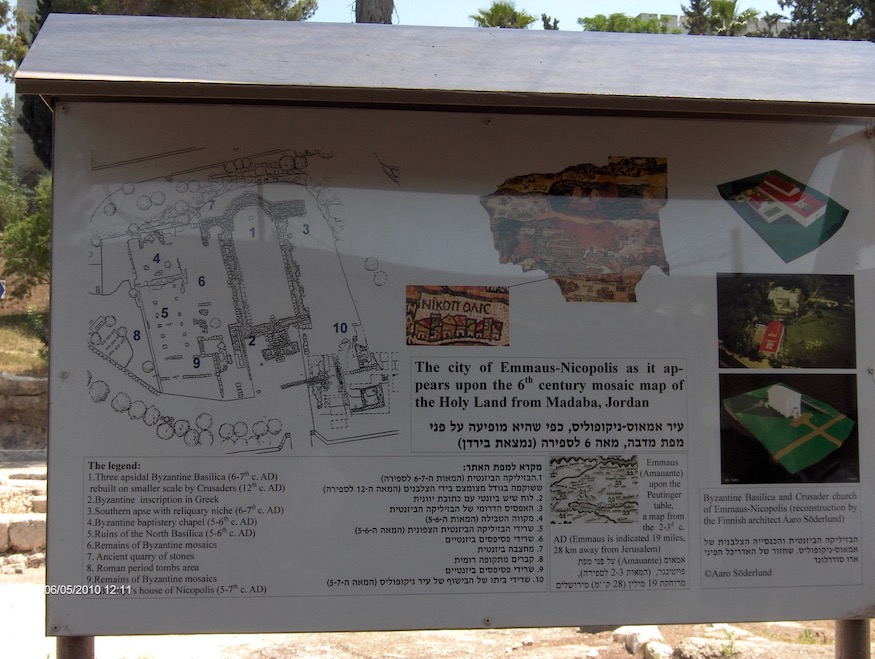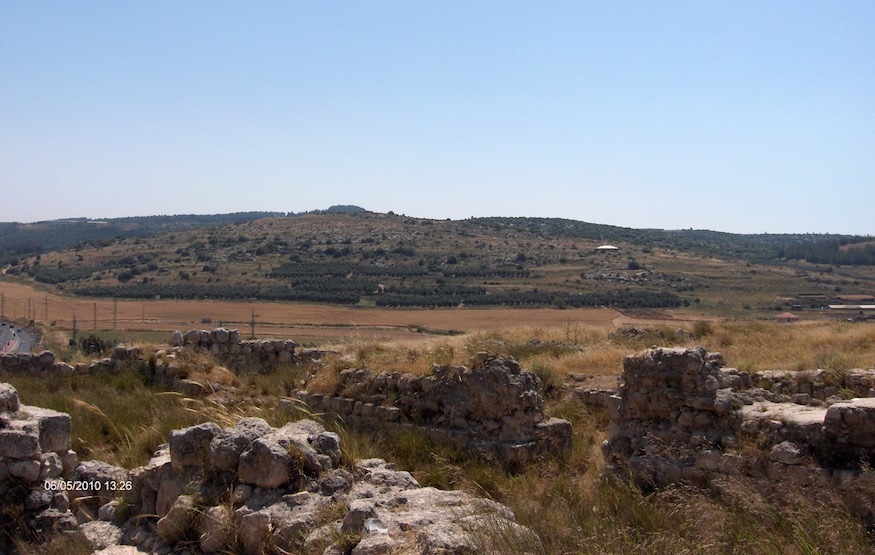The Secret of Israel (1) – The Men on the Road to Emmaus
The editorial staff asked me to write a series of Posts about the importance of Israel in the Bible and this is the first of a long series, I hope.
I asked myself, where would I start? Different lines of approach are possible. It seems logical to start with the call of Abram or with what the Major Prophets like Isaiah and Ezekiel have said about the future of Israel. But I have decided to start with the heart of Gods revelation: Jesus Christ.
Who is He and especially what is His relation with Israel? To some this may seem strange. Doesn’t the coming and rejection of Jesus as the Messiah mean a rift with Israel instead of unfolding the history and the secret of Israel? For myself a good understanding of the coming of God’s Son is exactly the right beginning to grasp Israel’s position in the Bible.
Take for example the question of the men on the road to Emmaus. Disappointed they return from Jerusalem after Pesach. Apparently they had high hopes of Jesus. They heard Him preach, saw His miracles and maybe they were there when thousands welcomed Him as the promised King in Jerusalem. But it all went differently. In the last days they witnessed His crucifixion and death. Their hopes were ruined in a heavy-handed way: so it wasn’t Him as well!

Map at the entrance of the archeological site at Emmaus. Emmaus comes from the Hewbrew word “Chammot”(hot springs). In the third century A.D. the city was called Nicopolis (“City of Victory”). | Photo Christians for Israel International by R. van Neijhof
When Lord Jesus joins them and walks part of the way with them they start to tell the stranger what they were concerned about. “We had hoped that He was the one who was going to redeem Israel” (Luke 24:21a). And what is important now is to pay attention to what Jesus doesn’t say and to what He does say.

The entrance of the archeological site at Emmaus. The site is inside Canada Park, maintained by the Israel Nature and Parks Authority. | Photo Christians for Israel International by R. van Neijhof
He doesn’t say: You all lived with a big misunderstanding! You misunderstood completely that the Messiah would redeem Israel, as many people think. It is not about the national restoration of Israel, it is not about earthly liberation. The Prophets said all this on first sight, but you need to understand that you have to interpret this completely different. It is about the mental and spiritual salvation and that has nothing to do with a new earthly, national expectation for the Jewish people.
This is what He is not saying! In no way he rebukes their expectation and their hopes about what Messiah would do when He came. The Messiah came to deliver Israel and to be King of the promised Kingdom of God’s people.
What He does say is only this: “Did not the Messiah have to suffer these things and then enter his glory?” (Luke 24:26). Jesus doesn’t cross out their hopes, but makes it perfectly clear that the Lion from the tribe of Judah as a King can only come after He first suffered and died for His people as the Lamb of God.






